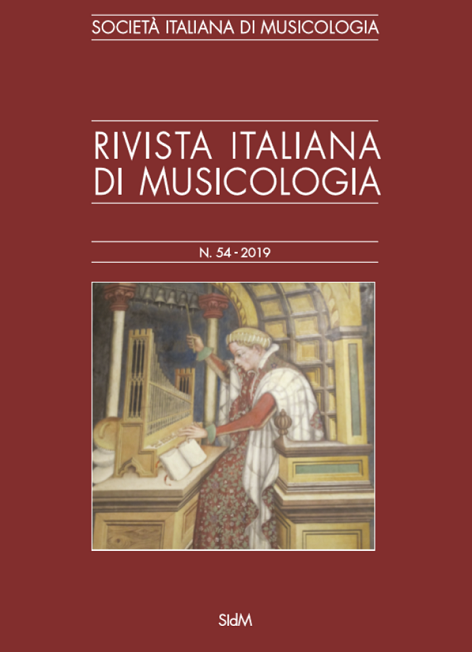«Alles zergeht, wie Dunst und Traum». Lotte Lehmann interprete della Marschallin
Abstract
Lotte Lehmann (1888-1976) was one of the most distinguished singers of her generation, specializing in particular in the Wagnerian and Straussian operatic repertoire. Together with Maria Jeritza, she was an acclaimed prima donna at Wiener Hofoper under the superintendences of Franz Schalk, Richard Strauss and Clemens Krauss, until the Nazi Anschluss of 1938 led her leave for the USA. She established in California, continuing her operatic career until 1946 and co-founding the Music Academy of the West in Santa Barbara, where she taught Vocal Interpretation. Lehmann’s 1924 first appearance as the Marschallin under Bruno Walter at Covent Garden can be considered as a breaking point in her artistic life. This event marked the starting point of an international career throughout which Lehmann never ceased to sing the Straussian role. As a result, a complex relationship was engendered, linking the singer to that role and vice versa. This paper aims to reconstruct the main characteristics of Lehmann’s interpretative model for the Marschallin through the analysis of the singer’s writings and of the audio-visual materials related to her performances of the role. Moreover, a comparison between Lehmann’s model and the cultural ‘traditions’ embodied by the character of Marie Thérèse according to von Hofmannsthal and Strauss’s conception will highlight some phenomena related to the US reception of both the singer and the composer.


